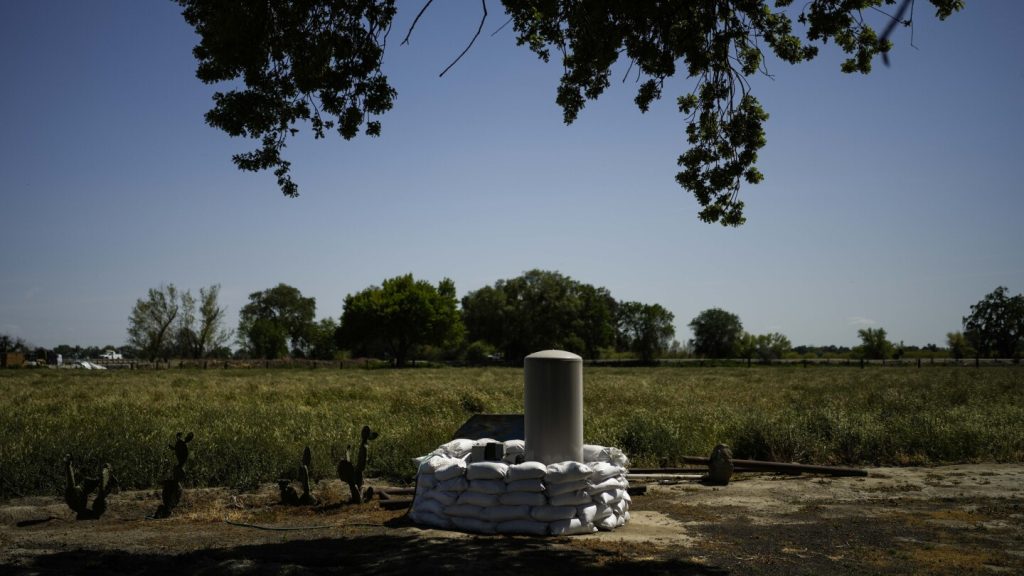On September 14, 2021, California officials voted to begin monitoring groundwater use in the Tulare Lake Subbasin of the San Joaquin Valley. This decision marks a significant shift in control, as the State Water Resources Control Board will now oversee the pumping of groundwater in this area. This move is a response to the ongoing strain on California’s groundwater resources, exacerbated by years of drought and overpumping, which has led to issues with water quality and land sinking. California’s groundwater law, which was established a decade ago, tasked local communities with managing groundwater and developing sustainable use plans.
Groundwater plays a crucial role in California’s water supply, accounting for nearly 40% of water in an average year and even more during dry periods. The decision to have state officials monitor groundwater pumping was met with mixed reactions, with farmers in Kings County expressing concerns about the potential impacts on their livelihoods. Water rights advocates, however, supported the move, emphasizing the importance of protecting drinking water for rural communities. Some farmers suggested that the state should focus on channeling rivers into storage facilities to replenish groundwater basins rather than implementing restrictions on pumping.
Critics of the state’s decision, including Lynne McBride of the California Dairy Campaign, warned that the regulations could force many farmers out of business and have irreversible effects on the agricultural industry. While farmers are the main users of groundwater in the region, small towns and rural residents also depend on this resource for drinking water. Environmental groups like Clean Water Action backed the state’s decision, viewing it as a necessary step to uphold the human right to water, promote climate justice, and ensure racial equity. The state board has given pumpers 90 days to report their groundwater usage and pay fees, with the potential for further restrictions if a sustainable plan is not developed within a year.
The Tulare Lake Subbasin, located in Kings County, is a significant agricultural region known for producing milk, pistachios, cotton, and processed tomatoes. The area is also home to Tulare Lake, a dry basin that fills with water during rainy years. Recent concerns about declining groundwater levels, sinking land, and deteriorating water quality led to the rejection of a groundwater management proposal last year. Local agencies have been collaborating on solutions, but challenges remain in addressing the complex issues related to groundwater sustainability. Farmers like Doug Freitas, who owns property in multiple areas governed by different groundwater agencies, are feeling the pressure of impending regulations and are calling for more time to adapt.
Members of the agricultural community, such as Joaquin Contente, a dairy farmer in Kings County, are worried about the potential impacts of pumping fees and caps, regardless of whether they are imposed locally or by the state. As someone who relies on groundwater to feed his cattle, Contente is among many individuals losing sleep over the uncertainties surrounding future water management policies. The state’s intervention in the Tulare Lake Subbasin reflects a broader effort to address the long-standing challenges of groundwater sustainability in California and safeguard vital water resources for both agricultural and residential purposes. The implementation of monitoring measures and potential restrictions on groundwater pumping signal a shift towards more centralized oversight to ensure the equitable and efficient use of this critical natural resource.


